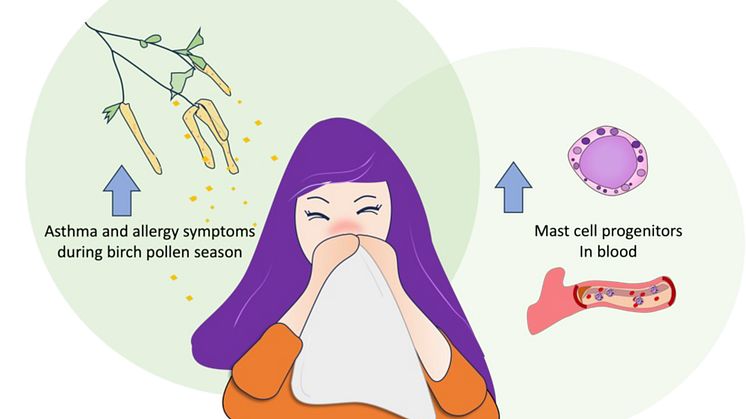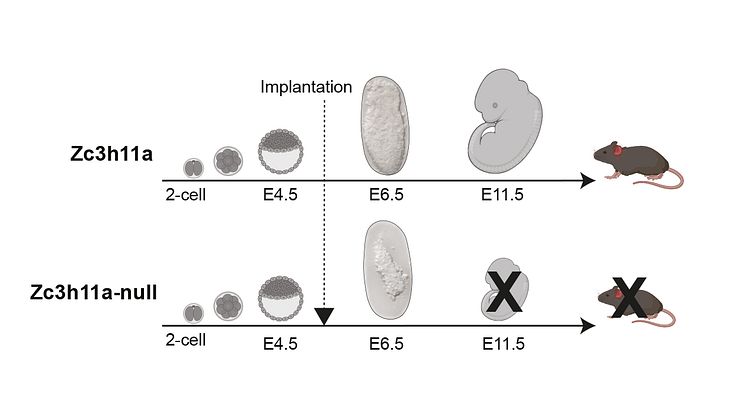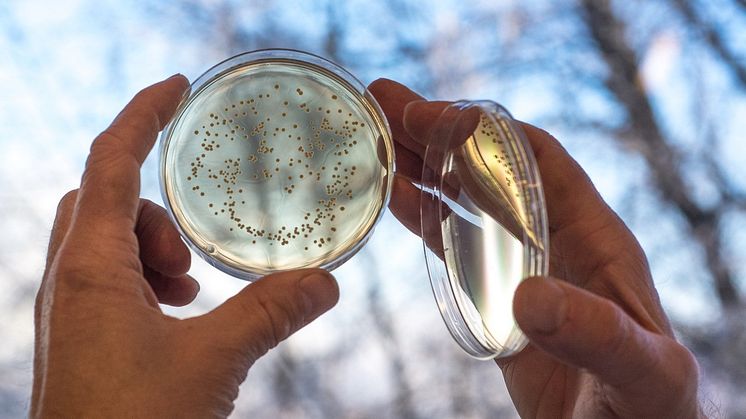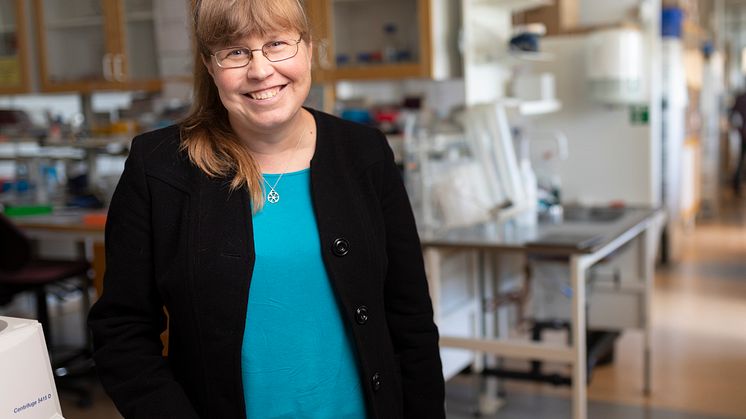Some increase in cancer after 1986 Chernobyl disaster
The nuclear accident in Chernobyl in 1986 led to the spread of radioactivity across Sweden and Europe. In a long-term study now published in Environmental Epidemiology, researchers have used new, more specific calculation methods to show the connection between radiation dose and certain types of cancer.






